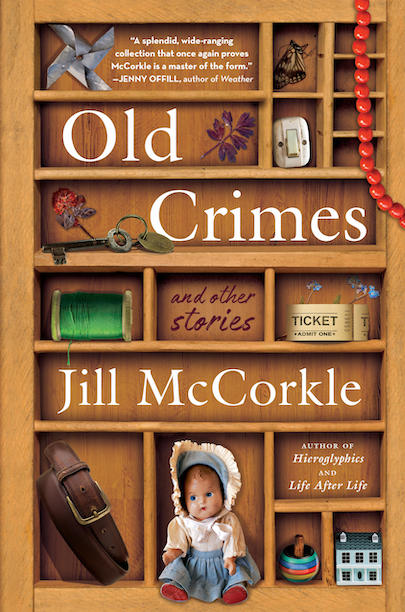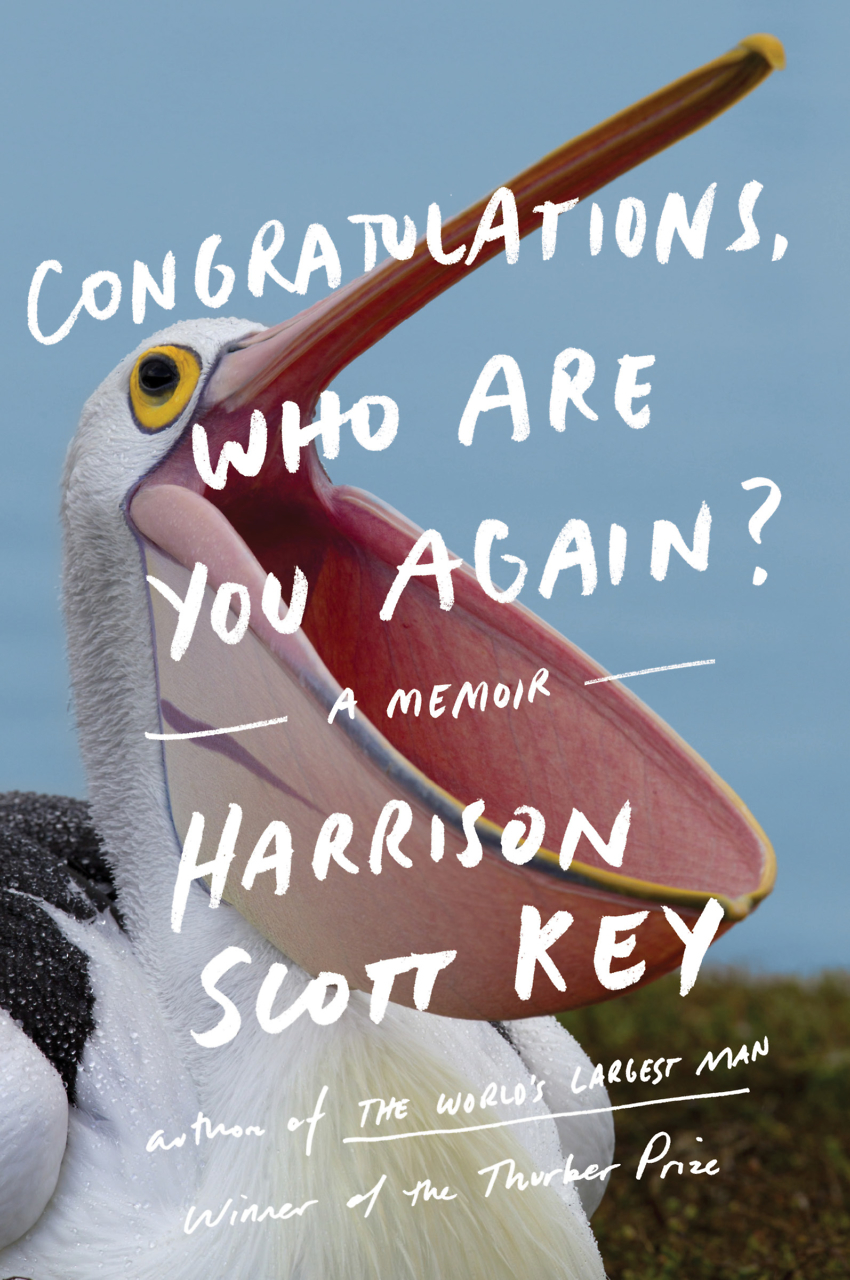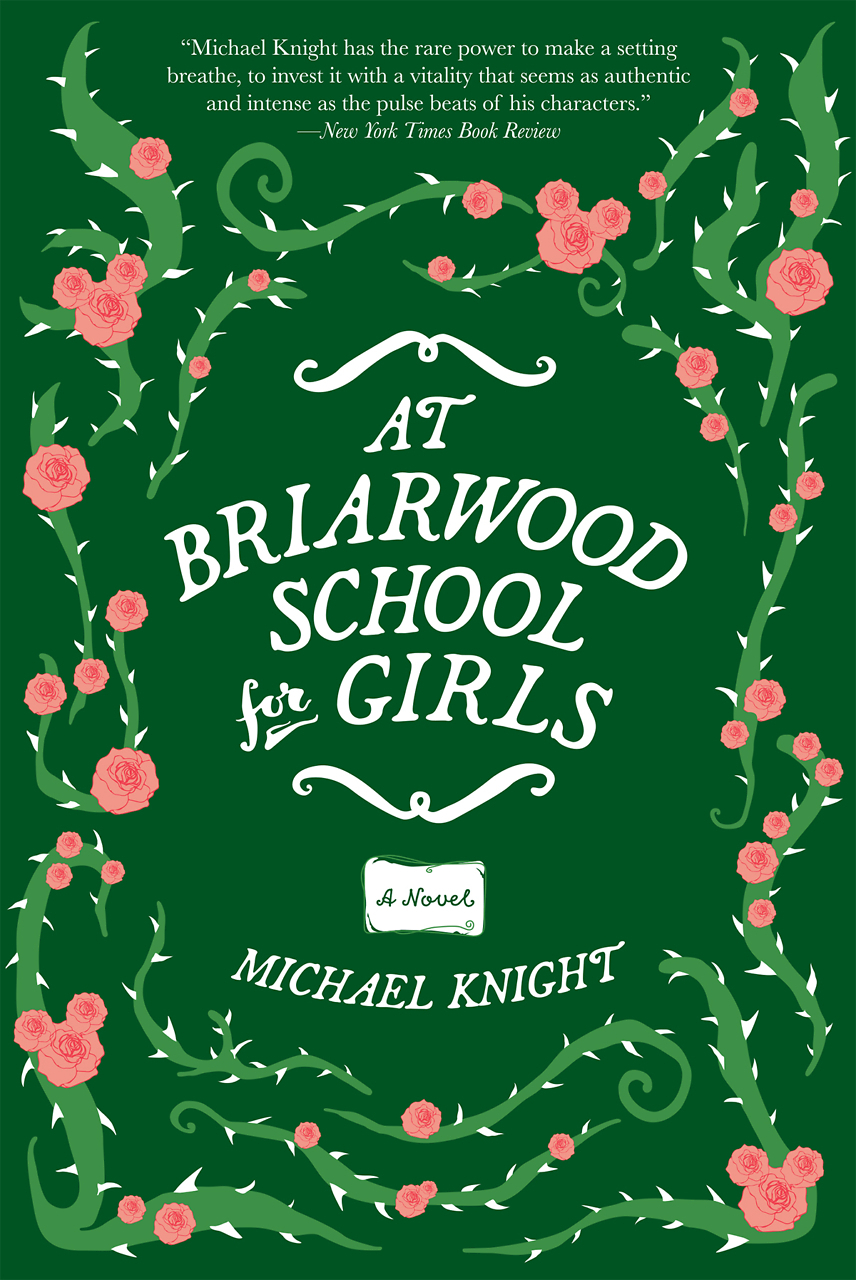Maple Syrup and Mustachioed Men
Jeff Mann reflects on life as a gay Appalachian
Jeff Mann, now a professor of creative writing at Virginia Tech, was once a bespectacled, oppressed gay boy in Hinton, West Virginia. Mann’s Loving Mountains, Loving Men combines prose narratives with poetry in a hybrid collection akin to Mann’s own complexities, from a gay Appalachian to a butch, leather-clad intellectual, a Southern gentleman who’s not afraid to fight for what he believes in when necessary.
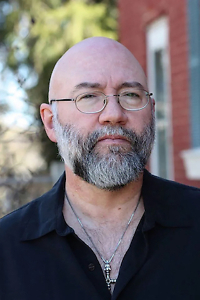 Loving Mountains, Loving Men was originally published by Ohio University Press in 2005. A new edition, featuring an afterword by Mann, was released in August 2023. The collection — both then and now — serves as a talisman of resilience and an essential work of literature on the Appalachian LGBTQ community. Mann depicts, in several essays throughout the collection, the oppressive Christian fundamentalism of the region, as well as the difficulties he had in locating his own LGBTQ community and being able to celebrate and rejoice in the camaraderie of that community without facing shouted slurs or vulgar gestures from those around them.
Loving Mountains, Loving Men was originally published by Ohio University Press in 2005. A new edition, featuring an afterword by Mann, was released in August 2023. The collection — both then and now — serves as a talisman of resilience and an essential work of literature on the Appalachian LGBTQ community. Mann depicts, in several essays throughout the collection, the oppressive Christian fundamentalism of the region, as well as the difficulties he had in locating his own LGBTQ community and being able to celebrate and rejoice in the camaraderie of that community without facing shouted slurs or vulgar gestures from those around them.
The book is divided into six chapters. The first five are structured similarly, each beginning with a poem followed by several essays. In contrast, the sixth and final chapter is entirely poems. Mann comments on the structure and journey of the book in the new afterword. He states that the collection began as strictly poetry, but when he first submitted it to Ohio University Press, “the folks there expressed interest but asked me to supplement the poems with creative nonfiction.” After he did so, he says, “OUP’s next suggestion, to my dismay, was to pull out the poems, collect them into a final section, and rearrange the short personal essays into a coherent whole.”
The finished product — enhanced by personal photographs of the author, his family and friends, and significant places — is indeed not just a coherent narrative; it tells a larger story of Mann’s struggle to find a geographical location and unique community that matches his own values and interests. This is a struggle faced by most people, yet Mann’s situation is exacerbated by the complexities of being gay in a region that contains many microcosms of extreme hate and prejudice. Mann’s compromise was to settle in university towns, small pockets of wider acceptance and support for minority communities. However, Mann does reflect on what would have happened if he had stayed in his hometown all his life:
Sometimes, when John and I make the hour-and-fifteen-minute drive between Hinton and Blacksburg, as we pass through the hamlet of Ballard I will joke, “I hear tell a queer lives here.” I say this because a friend of mine once corresponded via e-mail with a gay man who lived in Ballard, a lonely and closeted man looking for love on the Internet. I never met him, but I think of him when I drive past Ballard’s produce stand, with every seasonal vegetable on display, a West Virginia cornucopia of garden-raised abundance. Does he ever shop there? Does he clasp crookneck squash or corn on the cob or pears and think about how easy it is to feed the body and how hard it is to feed the heart? If I had not left Hinton, if I had not met John, perhaps I would be living such a life, one in which the capacity for passion is squandered and the soul is starved.
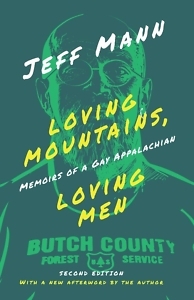 Mann expresses a desire to live in “some small mountain town,” yet that is not a possibility in many nearby towns, including the one where Mann grew up: “I have lived honestly for too long to return to a crippling secrecy. It would be like abandoning a kingdom and taking up residence in a pigpen.”
Mann expresses a desire to live in “some small mountain town,” yet that is not a possibility in many nearby towns, including the one where Mann grew up: “I have lived honestly for too long to return to a crippling secrecy. It would be like abandoning a kingdom and taking up residence in a pigpen.”
Perhaps one of the most delightful aspects of this book is that any part of it can be read or reread as needed or desired. Most of the essays are rather short, but they contain a narrative continuity that makes each piece feel complete on its own. In “Maple Syrup,” one of the poems in the final chapter, Mann describes the dual perspectives of working for something as seemingly simple as maple syrup in both youth and adulthood. In youth, Mann writes, “I expected more sweetness from the world, / bliss uncoaxed, not distilled with long effort / and one’s own roughened hands.” In contrast, the adult Mann describes savors the fruits of hard labor: “I lick the last drops of maple syrup from my lips, / knowing again a mustache moist with manna beneath mine, / ecstasies after which so much is merely wait.”

Abby N. Lewis is from Dandridge, Tennessee. She is the author of the full-length poetry collection Reticent and the chapbooks This Fluid Journey and Palm Up, Fingers Curled .
